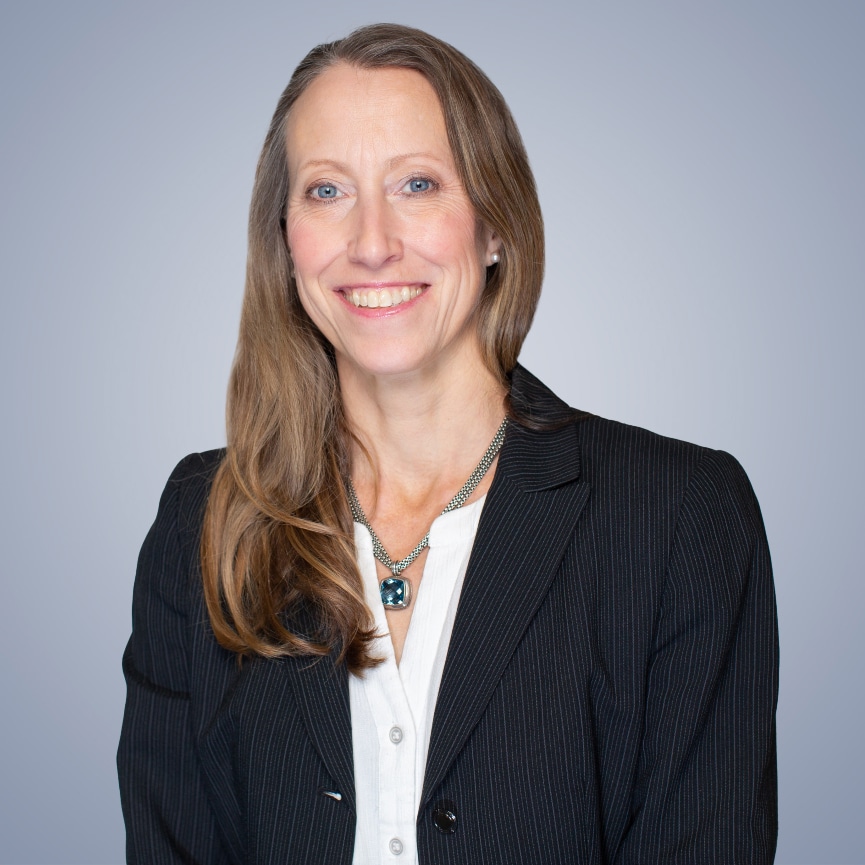Slowly, circuitously, with a lot of good help, unconditional love, some effort on my part and a good deal of mystery. It started with safety, and specifically safety in the context of a relationship with a therapist competent to actually help me. Someone who saw me. It took a lot of work to find that person. Multiple attempts to seek help were met with dead ends, which added to my sense that I was resigned to die from what I know well to be a deadly combination of bulimia with co-occurring food addiction, alcohol use, malnourishment and childhood trauma.
On New Years Day of 2000, my mother and twin intervened after an alcohol fueled argument in the wee hours of the morning. None of them knew about my eating disorder. The shame around binging and purging, how frequently it occurred and how out of control I was every day, all the money in student loans and work study I was spending on it, not being able to stop even though I desperately wanted to–all of that conspired to keep me silent. My eating disorder was a secret, or so I thought.
The therapist who saved my life was a trauma therapist who also had his CADC. After many months of seeing him 2-3 times a week, I finally shared about my relationship with food and alcohol. He swiftly recommended an eating disorder and food addiction experienced dietician, a medical doctor, psychiatrist and mutual support groups. At certain points, he recommended higher levels of care. As a medical student and a person who just plain had an overwhelming time at first taking in the support of therapy multiple times a week, I declined most of those recommendations.
After another year of trying out some of those recommendations, I found a couple support groups that resonated with me, my values, and the kind of life I wanted to live. I found a Registered Dietitian (RD) who understood trauma, malnourishment, bulimia and food addiction. I saw her weekly and we collaboratively worked out a meal plan that worked for me, that helped me to stop binge eating and purging, and helped me to re-nourish my body. All foods did not fit my body, and she respected that.
After my first 4 or 5 years of recovery, I didn’t think about food anymore. I eat when I’m hungry, stop when I’m full; I eat foods that I enjoy; I intuitively know what works for me; I know what does not work for my biology; and I have the power to do what works and avoid what does not in my life today, including with my food choices.
I have been restored to a place of having the power and the privilege of choice. I don’t take that lightly, ever. I like my body, appreciate its beauty, its strength, and all it has carried me through. I welcome its changes with age without feeling compelled to alter that process in any way.
As a psychiatrist who is a member of the eating disorder professional community and who speaks up regularly about the importance of including people with eating disorders who have co-morbid food addiction in our research, treatment and advocacy efforts, I no longer take it personally when other professionals judge me, pathologize me, silence me, criticize me or exclude me because their read of the research literature, their clinical practice and/or their lived experience with food recovery is different than mine. I will always continue to advocate for individualized, non-paternalistic, racially inclusive care, and size inclusive eating disorder care. Expansive thinkers are often misunderstood.
